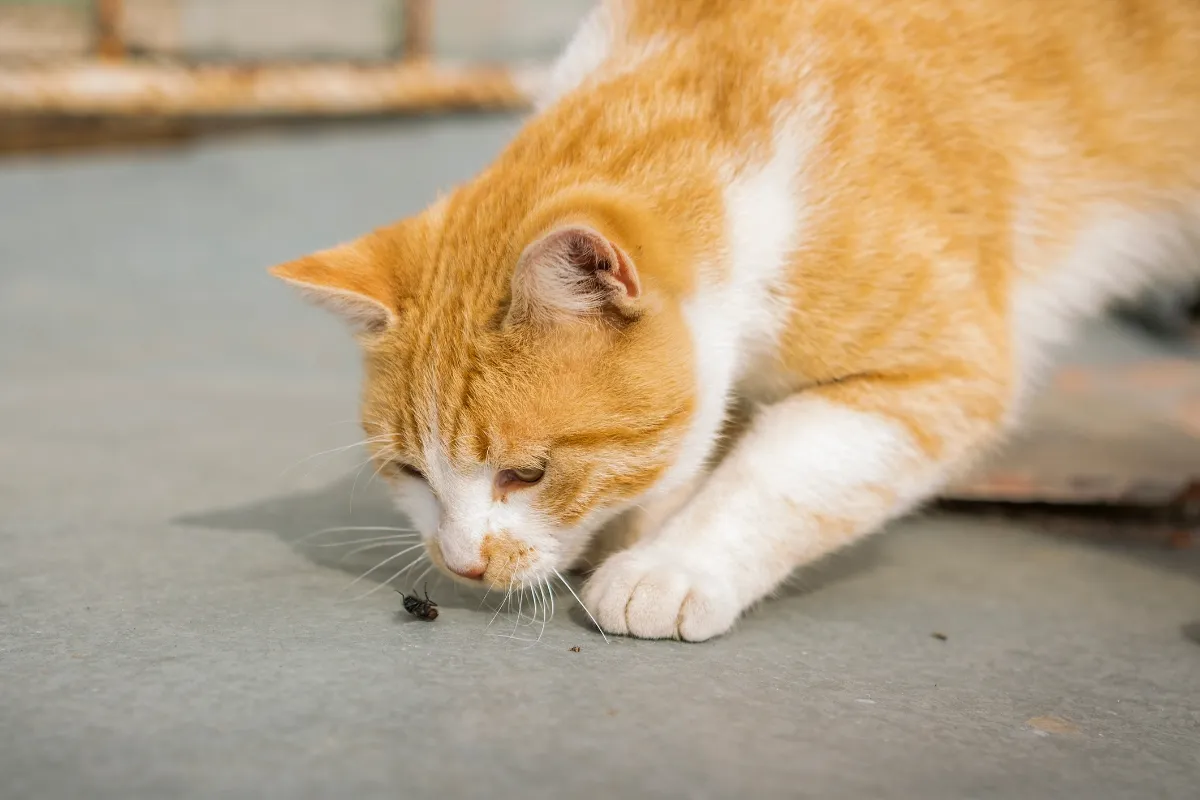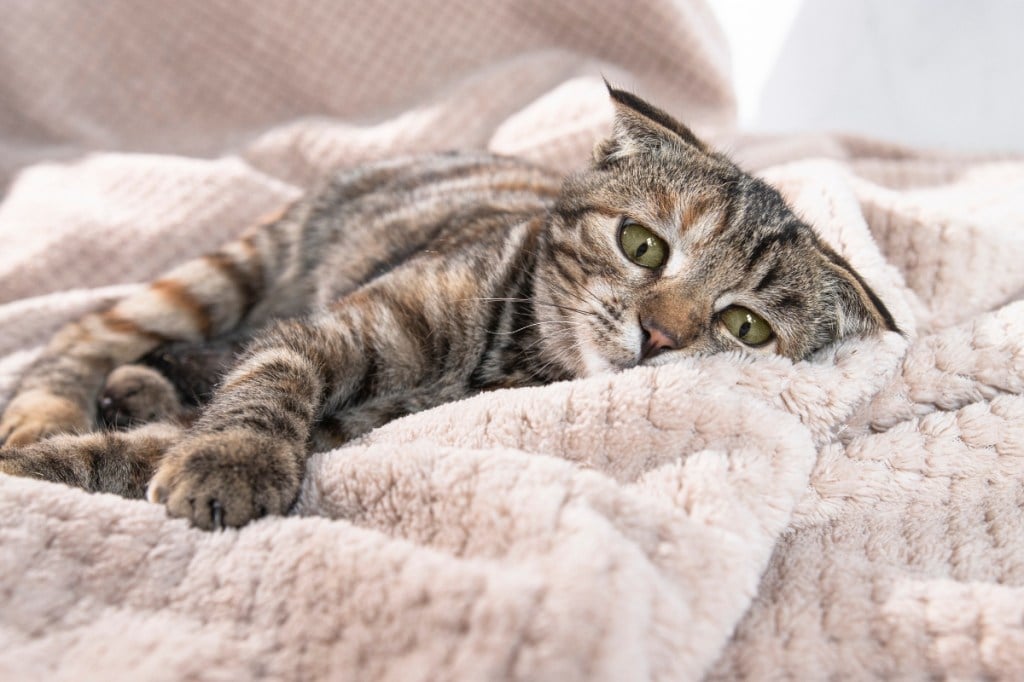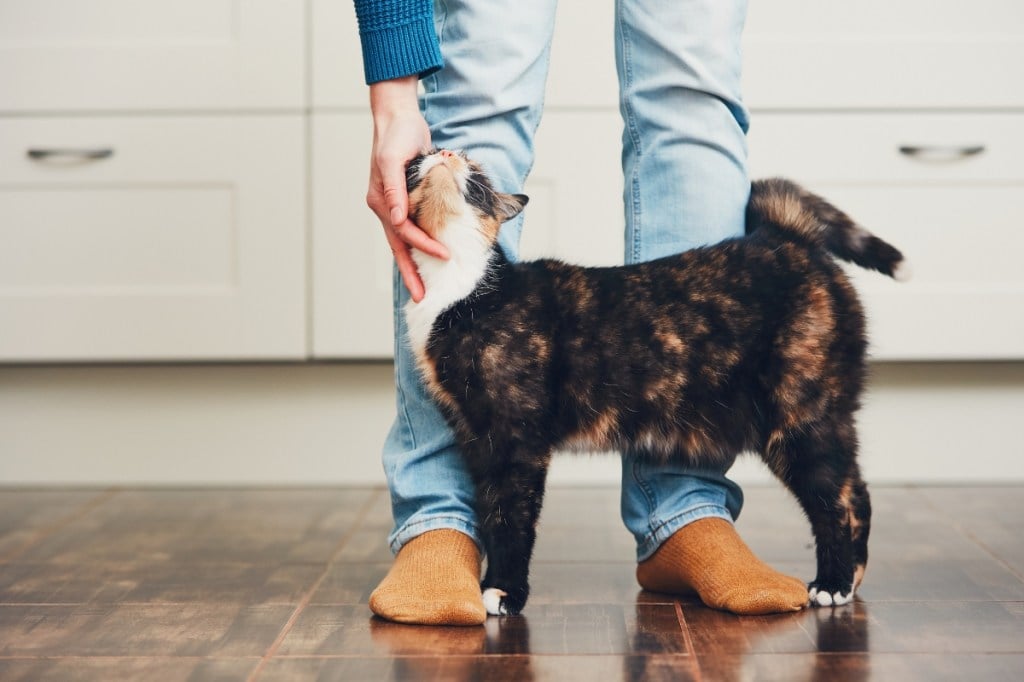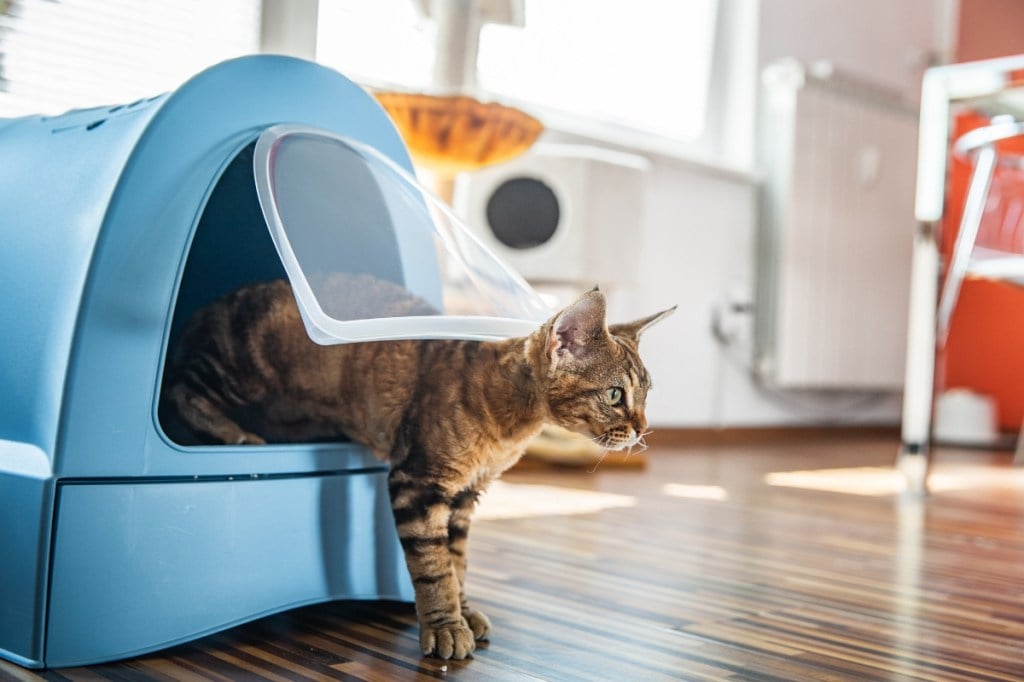Table of Contents
Wondering why cats bring you dead animals? It might be shocking, but it’s rooted in their natural instincts. Even well-fed felines still have a strong drive to hunt, and sharing prey is one way they show care or practice survival skills.
Why Does My Cat Bring Me Dead Animals?
Cats may bring you dead animals because of:
- Instinctive behavior: Your cat comes from a long line of hunters. Bringing prey home is part of a cat’s natural urge to secure a safe place to eat or share.
- Maternal teaching: Mother cats teach kittens to hunt by catching and carrying prey. Your cat might be treating you like family and showing you what they’ve caught.
- Bonding and affection: Some experts believe this is a sign of love. By gifting you a dead mouse or bird, cats may be trying to include you in a family feast or say thank you for feeding them.
- Boredom or play: Active hunters might chase anything that moves to burn off energy. Once caught, the prey becomes a prize they’re eager to bring home.
What to Do When Your Cat Brings You Dead Animals
You can’t erase the hunting instinct, but you can guide your cat toward less gruesome outlets. Try these steps:
- Stay calm and avoid scolding: Your cat can’t understand you, and punishment can create fear and weaken your bond.
- Remove the prey discreetly: Wait until your cat is distracted. Use gloves or a paper towel to pick up any remains, and clean the area with a pet-safe disinfectant.
- Offer alternatives: Provide engaging cat toys and regular play sessions to satisfy hunting instincts without involving real wildlife.
- Consider indoor living: Keeping your cat indoors protects your pet and local animals.
Redirecting Natural Instincts
Redirecting that natural energy indoors helps reduce the urge to chase and deliver real prey. Try using toys for bored cats that mimic the movements of prey animals. For example, a feather wand can spark their curiosity, while a laser pointer encourages quick bursts of energy.
Meanwhile, food-dispensing toys provide a different type of stimulation. They challenge your cat to work for their food, which can keep the body and mind active. Even small changes, like switching out toys regularly or introducing new textures, can hold your cat’s attention and prevent boredom from setting in.
If your cat enjoys time outside, you might consider a more structured experience. A screened-in catio lets them watch birds and explore scents without putting wildlife at risk or bringing home unwanted gifts.
Dealing With Your Cat’s Natural Instinct
Discovering a gift from your cat can be unsettling, but they don’t do it out of malice or mischief. Give them lots of toys and regular playtime, and manage your cat’s environment to reduce the frequency of these surprises.
If you’re worried that your cat’s hunting habits may lead to unexpected vet visits, protect your cat with pet insurance today. It’s a great way to make sure your loyal hunter receives the care they need whenever they need it.







